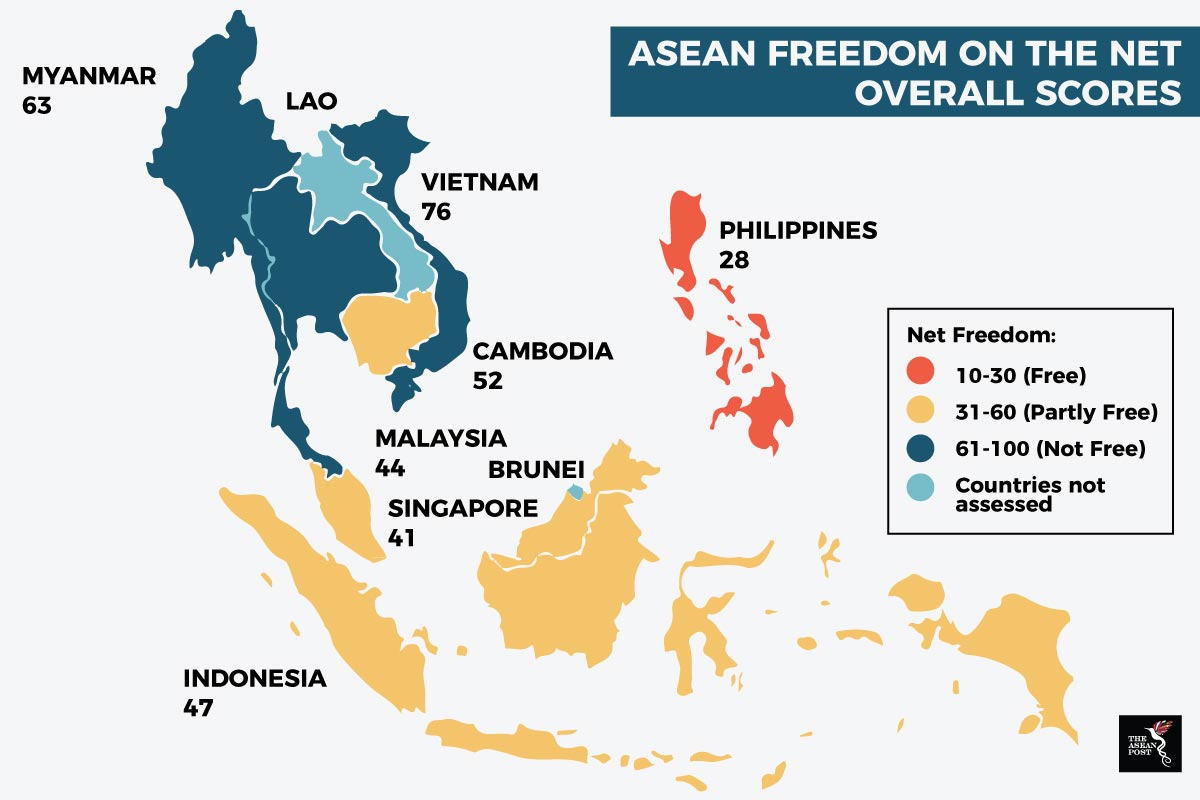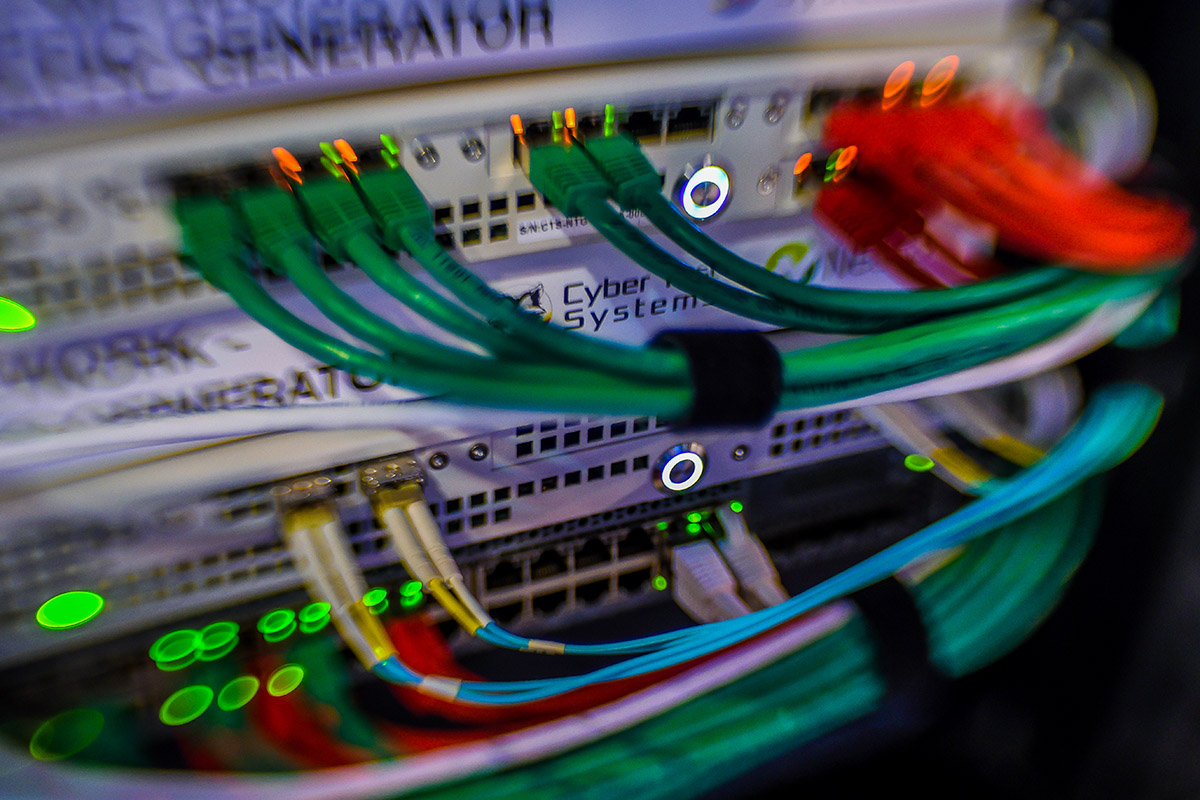University of Oxford published a study last year titled “Troops, Trolls and Troublemakers: A Global Inventory of Organised Social Media Manipulation” which highlighted “cyber troops” that governments or political parties would use to manipulate public opinion over social media.
One of the countries that was included in the study was the Philippines. The study revealed that PDP-Laban, the party which Rodrigo Duterte belongs to, had a budget of US$200,000 and a staff capacity of 400-500 to manipulate public opinion on social media.
“What we're seeing on social media again is manufactured reality,” Rappler founder Maria Ressa told the BBC in 2017.
Meanwhile in Malaysia, graphics designer and political activist, Fahmi Reza was recently sentenced to a month’s jail and fined RM30,000 by the Sessions Court for uploading a sketch of the prime minister on his Facebook account two years ago. Fahmi’s sketch was deemed "…obscene, indecent, false, menacing or offensive in character with intent to annoy, abuse, threaten or harass another person.”
Fahmi was charged under Section 233 (1)(a) of the Communications and Multimedia Act. The act used on Fahmi specifically targets anyone that posts material deemed offensive on the internet.
In 2015, The Guardian reported that a man was arrested in Thailand for insulting the King’s dog on Facebook.

Source: Freedom House (2017)
These incidents are emblematic of the region’s internet freedom being slowly eroded and has now become a cause for concern to some civil rights and internet activists. With internet penetration throughout the region at 58% and social media penetration at 55%, the curbing of digital rights could stir up discontent with a large portion of the population. Furthermore, the region’s booming digital economy could also be harmed.
At the end of last year, human rights watchdog, Freedom House released a “Freedom on the Net” report, assessing digital rights for 65 countries all over the world. The report focuses on three main categories – obstacles to access, limits on content and violation of user rights.
The report revealed that internet freedom in the region is low. Among the eight Southeast Asian countries assessed in the report (Lao PDR and Brunei were excluded), three had a status of “not free”, four had a “partly free” status and the Philippines was the only country deemed by Freedom House as “free”.
While the Philippines’s internet is deemed “free”, the country gained two points on their overall scores, bringing them closer to “partly free status”.
The country with the highest score (the higher the score the less free the country’s internet) is Vietnam with an overall score of 76 out of 100. The report lamented the state’s control over internet access. Three out of four providers that allocate bandwidth to service providers are state or military-owned. State authorities in Vietnam may also throttle or restrict access to the internet sometimes for political or security reasons. Clampdowns on social media platforms also occur occasionally.
Other countries that were deemed “not free” are Thailand and Myanmar. Myanmar and Thailand both saw an increase in their scores, meaning that internet freedoms in these countries have decreased. With a military junta in power and strong lèse majesté enforcement, internet freedom in Thailand is worse.
Malaysia, Singapore, Cambodia and Indonesia were deemed “partly free” by Freedom House. While internet access isn’t restricted in these countries, rights violations over internet freedoms still occur. For example, websites that go against societal norms in Indonesia are frequently blocked. Government agencies also have the power to restrict online content under the Information and Electronic Transactions Law (ITE Law).
While the region continues to show the world their might through economic growth, technological advancements and so on, internet rights in Southeast Asia still has a long way to go. The fact that internet freedoms have declined in the face of growing technological advancements and increasing internet penetration rates is something to be concerned about.

